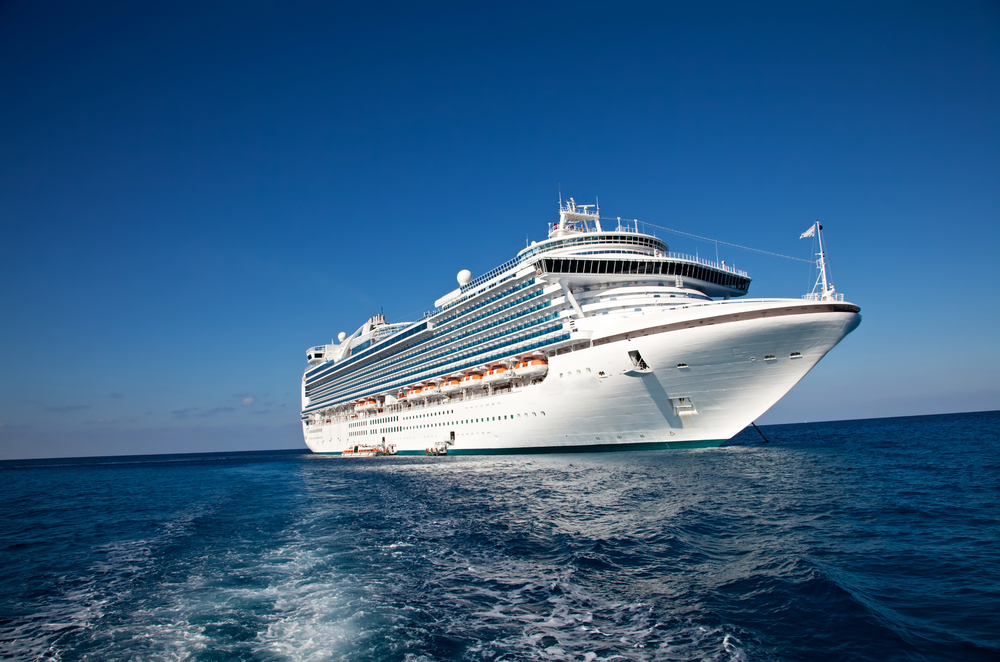 Cruises are a popular summer vacation choice, offering travelers the allure of luxurious amenities, exotic destinations, and the convenience of having all services in one place. However, accidents and injuries can still occur. When they do, understanding the liability of the cruise line is crucial. Keep reading to learn more about the legal responsibilities of cruise lines for injuries sustained onboard.
Cruises are a popular summer vacation choice, offering travelers the allure of luxurious amenities, exotic destinations, and the convenience of having all services in one place. However, accidents and injuries can still occur. When they do, understanding the liability of the cruise line is crucial. Keep reading to learn more about the legal responsibilities of cruise lines for injuries sustained onboard.
Understanding Maritime Law and Jurisdiction
Maritime law, also known as admiralty law, governs incidents that occur on navigable waters. This body of law is distinct from the laws that apply on land and includes specific provisions related to the duties and liabilities of cruise lines. When an injury occurs on a cruise ship, determining jurisdiction can be complex, involving the laws of the country where the cruise line is registered, the ports of call, and even international treaties.
The Duty of Care Owed by Cruise Lines
Cruise lines owe their passengers a duty of care, similar to that of any business providing services to the public. This duty includes ensuring that the ship is safe, well-maintained, and free from hazards. The standard of care required is one of "reasonable care under the circumstances," meaning that cruise lines must take appropriate measures to prevent foreseeable harm. Key aspects of reasonable care include:
Common Types of Onboard Injuries
Injuries on cruise ships can arise from a variety of incidents. Some common types include:
Establishing Liability
To hold a cruise line liable for injuries sustained onboard, certain elements must be proven. These elements are similar to those in a typical personal injury case but have specific nuances related to maritime law:
Contractual Limitations and Passenger Rights
Cruise lines often include various disclaimers and limitations of liability in their ticket contracts. These contracts can impose significant restrictions on passengers' rights to seek compensation. Common provisions include:
Passengers should carefully review their ticket contracts and be aware of these limitations. Failure to comply with these contractual provisions can result in the loss of the right to seek compensation.
Steps to Take Following an Onboard Injury
If you sustain an injury onboard a cruise ship, taking immediate and appropriate action is crucial to protect your rights. Here are the steps you should follow:
The Role of a Personal Injury Attorney
Navigating the complexities of a personal injury claim against a cruise line requires specialized knowledge of personal injury law. An experienced personal injury attorney can provide invaluable assistance by evaluating your case with a professional eye. We can assess the circumstances of your injury and determine the viability of your claim. Our attorneys can then engage with the cruise line or its insurers to negotiate a fair settlement. If a satisfactory settlement cannot be reached, we may need to file a lawsuit and represent you in court.
If you have been injured on a cruise, do not hesitate to contact The Harr Law Firm today to explore your options for recovery.